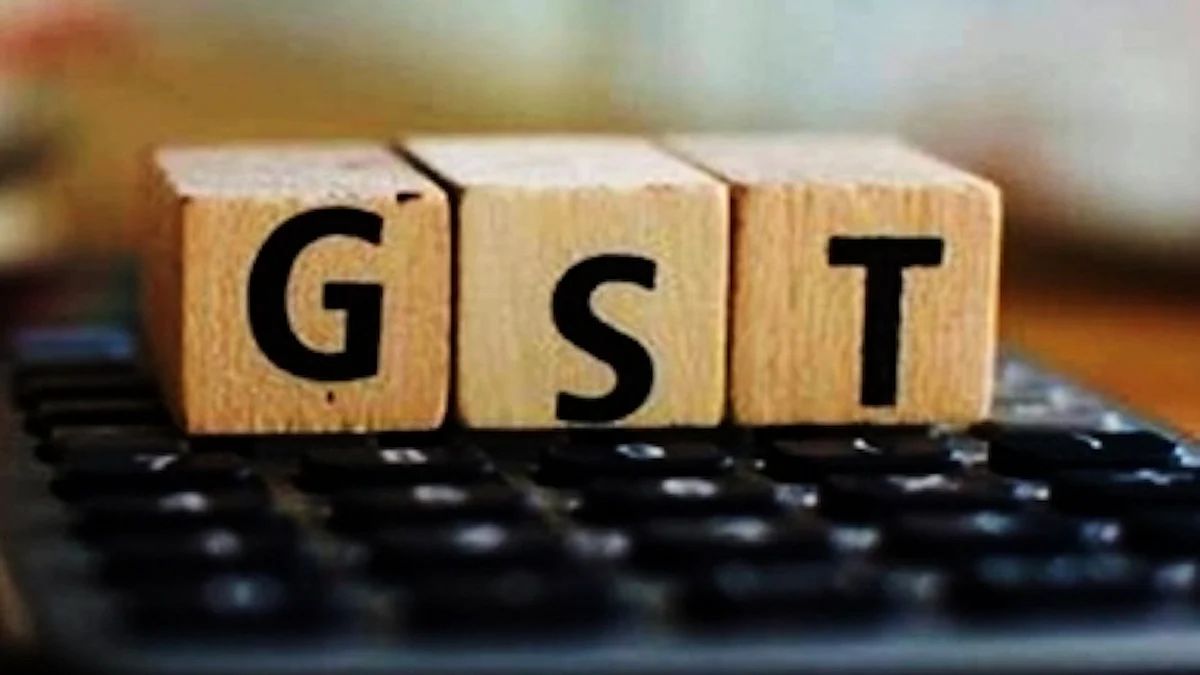Kerala won’t implement decision to tax small traders of rice, sugar and pulses: Finance Minister KN Balagopal
Kerala CM Pinarayi Vijayan had earlier announced that Kerala won’t implement the five per cent hike in GST for essential goods sold in packets by small retail traders, including Kudumbashree units

In keeping with Kerala Chief Minister Pinarayi Vijayan’s statement that the state would not implement the 5 per cent Goods and Services Tax (GST) on pre-packed essential goods such as rice, sugar and pulses, Finance Minister KN Balagopal has clarified that a new notification on the issue was not required as the policy already in practice would be continued.
Speaking to National Herald, Balagopal said the state already does not collect taxes on such items, and there were no plans to introduce taxes for those involved in trading such items.
“As per the existing rules, this is possible. We are assuring these traders that there will not be any unnecessary levy of tax on these small and marginal shops. Under the amended GST, taxes are not charged for these loose items. That’s what we said. Practically, this is possible without much difficulty,” he maintained.
On July 27, Vijayan had announced that Kerala will not implement the five percent hike in GST for essential goods sold in packets by small retail traders, including Kudumbashree units. The CM said that the state had written to Prime Minister Narendra Modi seeking withdrawal of the hike in GST for packed items that would affect the common man.
Kudumbashree units are poverty eradication missions sponsored by the Kerala government, which include local self-help groups.
Explaining the Kerala government’s stand, Balagopal noted that the GST amendment aimed to levy a tax on branded packaged items. But in several smaller shops in Kerala, items such as rice, sugar and pulses are sold loosely or in small packets, though instead of paper packaging, the shopkeepers use proper wrapping methods.
“These small vendors who are packing one or two kgs of essential items and small initiatives like Kudumbasree will not attract GST. We are not going to charge them. If a trader is bringing items in a 50 kg gunny bag, that doesn’t attract taxes as per the latest GST amendments too,” said Balagopal.
The Kerala Finance Minister went on to contend that the GST rules were confusing.
“There is one section which says such items will not attract GST; another section says even if an item is packaged but not labelled, it will still attract GST. We have asked the government for a clarification on this subject,” he said.
According to the new notification, pre-packaged and pre-labelled curd, lassi and butter milk will now attract GST at the rate of 5 per cent. Earlier they were exempt from the GST ambit.
Pulses, cereals such as rice, wheat, flour and other such items, weighing below 25 kg or 25 litres, will also attract 5 per cent GST.
After the new GST list was announced, vendors are apparently charging for loose items. In a few places in Kerala, shopkeepers started charging an additional Rs 2/3 for this.
“We reiterated that such small shops should not collect taxes. A per the law, those shops which are registered and have a turnover of up to Rs 1.5 crore are not liable to pay 5% tax. They only have to pay composite tax that is only 1% tax. Businesses with an annual turnover of up to Rs 40 lakh are GST exempt,” Balagopal said.
The minister, who is an MLA from Kottarakkara MLA, maintained that the state is not expecting any big revenue loss because such shops don’t fall under the ambit of GST. He highlighted that in the even in the GST Council meeting, he had given a letter stating that small and marginal traders will not be able to cope if they are brought under the ambit of GST.
“We are hoping to raise this issue again at the next GST Council meeting. We want the Union government to correct the mistakes. Practically, the new GST list will create a lot of confusion. We have sought a clarification from the Centre,” he said.
“GST, which is supposed to be only for bigger traders and luxury items, is now being slapped on small and marginal traders. If they are going to charge higher tax rates from small business owners, it will have a spiralling effect. We had asked the government about these small vendors and informed them that common people cannot be excessively taxed,” added Balagopal.
The state’s opinion is that if there is a revenue loss, it is because the tax on high-end luxury items has been reduced and the government had to take steps to increase the tax on such goods.
“We have been saying this in the earlier meetings too and even now we are saying this. This is the only way governments can raise their revenue without affecting the livelihood of common people,” remarked Balagopal.
The state has informed the GST Council and has requested that these observations be part of the report.
“We said that now is not the correct time to increase GST and that a detailed study is required to understand the impact of such a tax on small and marginal traders. The GST Council can make corrections even now,” insisted Balagopal.
“If any practical problems arise, we will consider it. If there are any issues later, we will think about legal recourse,” asserted Balagopal, while pointing towards a recent Supreme Court ruling that the GST Council recommendations are not binding on states.
Follow us on: Facebook, Twitter, Google News, Instagram
Join our official telegram channel (@nationalherald) and stay updated with the latest headlines
